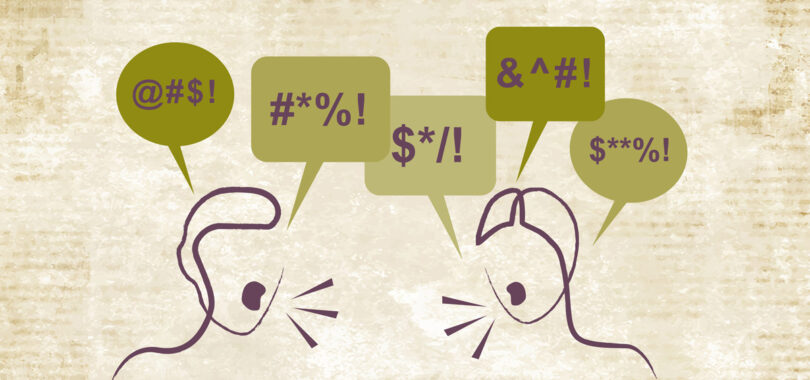Healthy couples fight. But couples that clash often are more likely to experience feelings of loneliness and poorer physical health down the line, according to new University of Georgia research.
The study, using data from 250 couples over almost 20 years, showed that couples who fought regularly early in their marriage were likely to continue that pattern over time. Partners who argued frequently were more likely to feel lonely. And the researchers found that those arguments from earlier in the marriage could have a lasting effect on how lonely partners felt more than a decade later.
Those feelings of loneliness coincided with poor physical health outcomes, with participants reporting that their health is poorer than others their age.
Just having a person in your life does not mean that you aren’t lonely.” — Catherine Walker O’Neal, College of Family and Consumer Sciences
“The implication here is the importance of early prevention and intervention,” said lead author Catherine Walker O’Neal, associate research scientist in UGA’s College of Family and Consumer Sciences. “The more we can do earlier in life to reduce marital conflict, the more likely we are to stave off poor physical health in later life.
“Just having a person in your life does not mean that you aren’t lonely. For older adults, we can’t just say, ‘Oh, they’re married. They’re not lonely.’”
Counseling is key
This is where marital and individual counseling can come in, O’Neal said. Learning how to productively communicate about differences with one’s partner early in the relationship can help establish positive patterns and hopefully prevent feelings of resentment or loneliness in later years.
Despite the promise of having a life partner, marriage isn’t a blanket cure-all for loneliness. And being lonely frequently comes with a host of physical ramifications ranging from increased inflammation to difficulty concentrating. The depression that often coexists with feelings of loneliness can also lead to poor lifestyle decisions, such as unhealthy eating and not getting enough exercise.
The married couples’ feelings of loneliness were linked, the study found. When one partner felt lonely, their spouse did as well. The more conflict in their marriage, the more often they felt lonely.
How to feel less lonely
Marital conflict plays an even larger role later in life as couples often become more insulated with age. As people get older, they frequently become less social, relying on their spouse for their main form of companionship.
But there are things couples can do to feel more connected.
“Maintaining strong relationships is key,” O’Neal said. “If you are worried about an older adult who may be experiencing loneliness, consider both the size and quality of their social relationships. Do they have at least one meaningful, fulfilling relationship (preferably more)? Consider how you can help to fill this role—small acts to show you care and to engage with others can have a big reward in terms of experiences of loneliness.”
The study was published in the Journal of Family Issues. Kandauda (K.A.S.) Wickrama, from the University of Georgia, co-authored the paper. Both O’Neal and Wickrama are based in the university’s Department of Human Development and Family Science.






